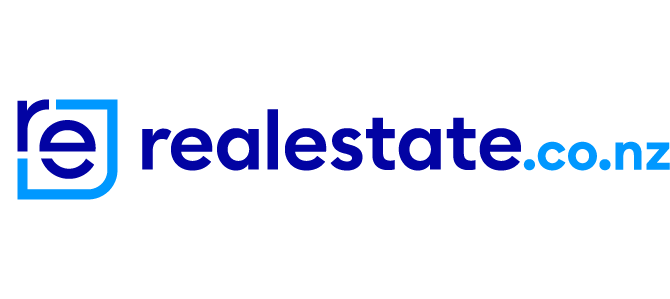Buying a property is an exciting but sometimes daunting process. However, it can be made easier by making the most of the real estate agent. While an agent works for the seller not the buyer, they have to deal fairly and honestly with all parties and are an excellent resource for anyone looking to purchase. Here are some important questions to ask the agent throughout the buying process.
Making the decision to buy a home is exciting, but it can also seem like a daunting prospect. Throughout your search, a real estate agent can help make the journey easier by offering up inside knowledge of New Zealand real estate, local market trends and more; which is why it’s important to know the right questions to ask, at the right time.
With many factors to take into consideration when picking the perfect property, a real estate agent can offer advice and expertise to aid in what is likely to be one of the biggest financial decisions you’ll make. Though it’s important to remember you shouldn’t solely rely on an agent for advice — they ultimately work for the seller, not the buyer (unless they are a buyer's agent) — their knowledge can still be invaluable.
To help you make the most of a real estate agent’s knowledge, here are a few questions to ask them on the journey to homeownership.
What to ask the agent at the open home
If you’re just starting out on the home buying journey, your first meeting with a real estate agent will probably be at an open home or viewing.
When checking out a prospective home, be sure to ask the agent about the area it’s located in. This could include the buying and selling trends of the area, current and upcoming changes to zoning and any restrictions, such as permits needed for on-street parking.
It’s also worth asking about the community — does it have the amenities you need, such as shops, schools or public parks? What are the transport links like, and are there any planned developments that could increase traffic noise or congestion? No question is too small when you’re making such a big commitment.
Whether you’ve found an agent to help you house-hunt, or are taking the more traditional route of identifying potential properties yourself and going to open homes, an experienced agent will be a wealth of information.
You’ve found a property - what’s next?
It can be easy to fall head over heels when you find a property that seems to tick all the boxes, but any property owner will tell you it’s important to keep a clear head.
All licensed agents are bound by the Code of Professional Conduct and Client Care to tell you about any known problems with properties, so make the most of this. Bear in mind though that this is no substitute for paying professionals to check the property before you make an offer. You can find a qualified property inspector through the New Zealand Institute of Building Surveyors and the Building Officials Institute of New Zealand.
Ask about the age and history of the property — when was it last renovated, how many owners has it had, and has anything unusual happened there? Enquiring about the condition of the wiring, roofing, piles and pipes is also a good idea, even if you plan on getting the property inspected before making an offer. Making queries about boundary limits can also be useful, as fences are not always a true indication of where a boundary actually lies. If you’re unsure about what would remain in the home when it’s sold, ask about the chattels. Ensure that any renovations or extensions were done with council consent as finding out that work was completed without council sign-off can cause issues later on, and will be your responsibility to fix.
Ask the agent if the property has had any weathertightness issues, especially if it was built between the late 1980s and early 2000s. It’s also worth asking if it has been impacted by any natural disasters, such as earthquakes or flooding. Remember that the agent must tell you if they think the property has any defects or potential problems that you should know about. This includes issues like whether it has been used for methamphetamine production or consumption.
Ask the real estate agent if there are any legal restrictions on the property, particularly if it is a unit title property or cross-lease. Talk to your lawyer about any information you receive as they will be able to give you independent guidance.
Even if your potential home looks in perfect condition, be sure to ask why the current owners are selling, not only is it good to know as the prospective resident, but it could help you when you go to put in an offer. In the same vein, if a property has been sitting on the market for some time, ask why — it could be useful when negotiating a price.
During the purchase process
If you’ve found a property you like and are considering buying it, it’s good to speak to the agent to get a feel for how the process should go. Don’t be afraid to ask what the sellers minimum price is, while agents obviously want to get the best price possible for the sellers, their answer also gives you a handy reference.
There are other questions to ask the agent that can help you decide what kind of offer to make. Don’t forget to ask if the sellers are under any time pressure, or if they can be flexible with settlement dates.
Where to go for more information
Visit settled.govt.nz for comprehensive, independent information about buying a property. There’s information about the risks of buying property and how they can impact you, and tips on how to avoid some of the major potential problems. From understanding LIMs to sale and purchase agreements, to when to contact a lawyer, settled.govt.nz explains what you need to know.
22 Feb 2018

